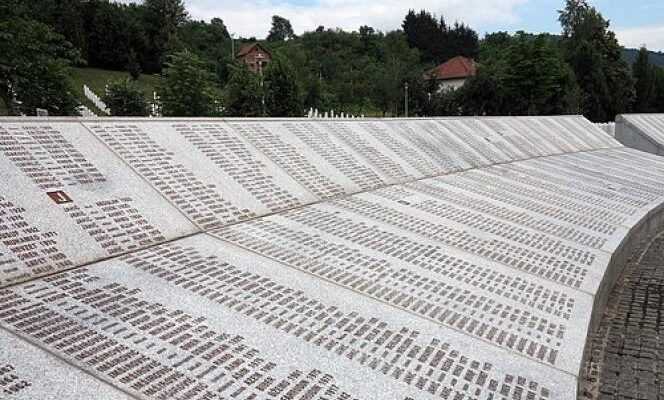Pread half a century was necessary to try to face the “events” in Algeria and officially begin to recognize what, in this war of independence, the army and the French governments of that time. agreed to do it between 1954 and 1962.
Twenty-seven years after the genocide of the Tutsi, the President of the Republic called for the establishment of a commission of historians [présidée par Vincent Duclert] which made it possible to achieve an important step: whatever the limits of the formulations retained or the refusal of access to certain archives, it recognized the faults and the blindness of a policy carried out directly by the president of the time and his relatives. History will gain there, and, with it, the work of memory, which is the only possible basis of a reconciliation and which, above all, is necessary to try to avoid “the eternal return of the same”.
But talking about this story implies talking about the whole story, and therefore about what was then happening in other places, but was accompanied by the same leaders. Between 1990 and 1995, the foreign policy of France was a whole, because it depended on analyzes drawn up by a limited number of people having, under the orders of François Mitterrand, the responsibility of a policy thought as world. From this perspective, touching a single room leads to threatening the balance of the building, as in a house of cards, and that is why certain guardians of the socialist temple defend a mythologized history of the policies carried out by a France. claimed to be the bearer of peace.
Faults and blindness
It is nonetheless desirable to examine other cases which, in the 1990s, led to dramatic events. But if there is one forgotten today, it is that of the war in Bosnia (1992-1995). And yet, the policy of France, led by the same people, knew there faults and blinds more or less of equal importance to those who mark the file of the genocide of the Tutsi. Of course, the turning point in 1995 – which we owe in part to the arrival of Jacques Chirac to power – helped restore a more acceptable situation and protect the victims. But it was late, after more than three years of bloody war punctuated by massacres of civilians and systematic ethnic cleansing. In this case too, the slaughterers were allowed to do their work and tragically ineffective peacekeeping operations were set up; in this case too, part of the military hierarchy showed indulgence towards criminal Serbian nationalists; in this case too, much was promised to the civilian populations and very little was kept.
You have 46.75% of this article to read. The rest is for subscribers only.
